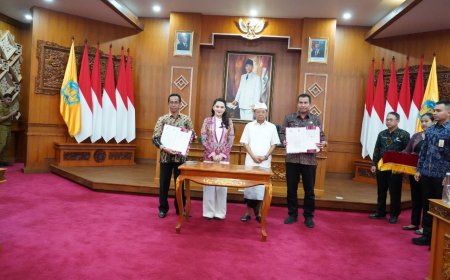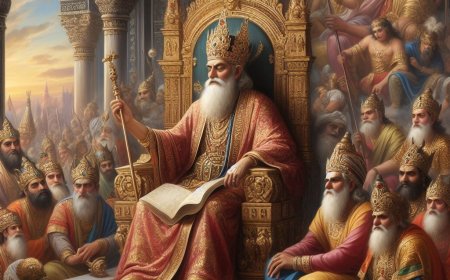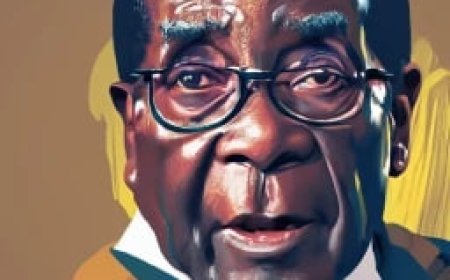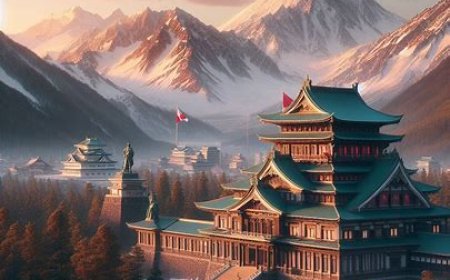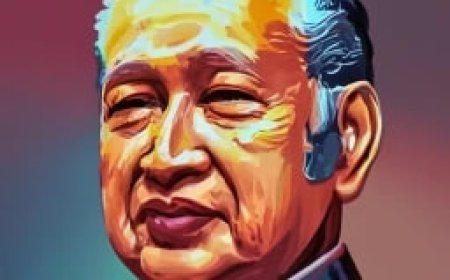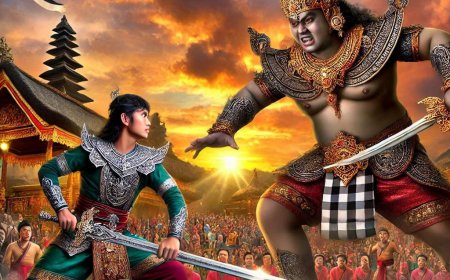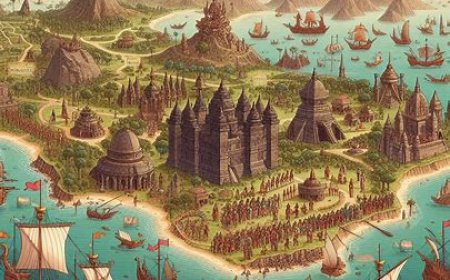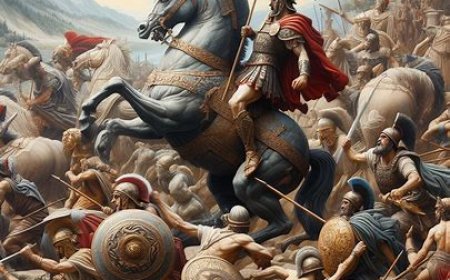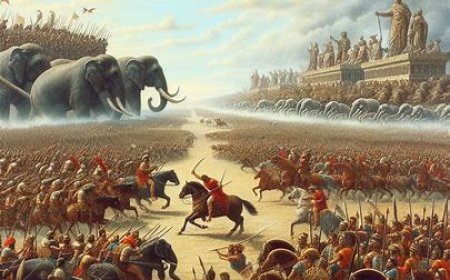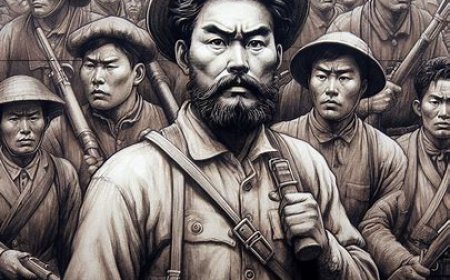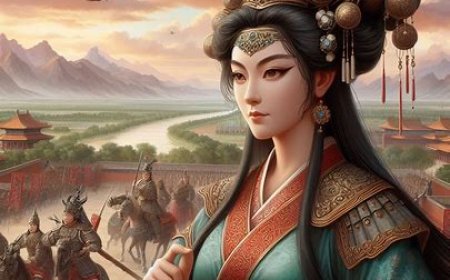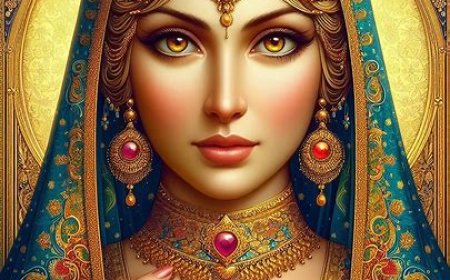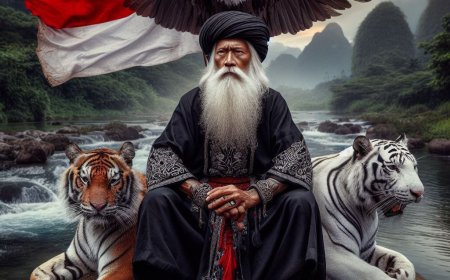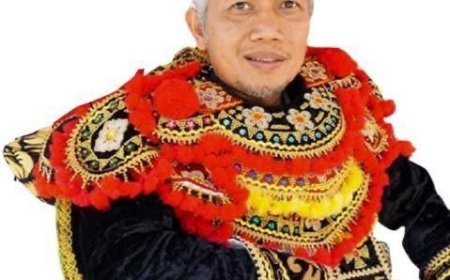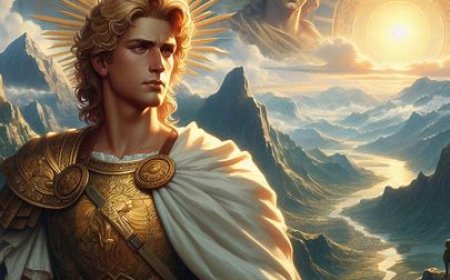Genghis Khan: The Unifier of Nations and World Conqueror
Genghis Khan is recognized as a visionary, innovative, and effective leader. His leadership laid the foundation for the expansion and progress of the Mongol Empire, leaving a long-lasting impact on global history and culture.
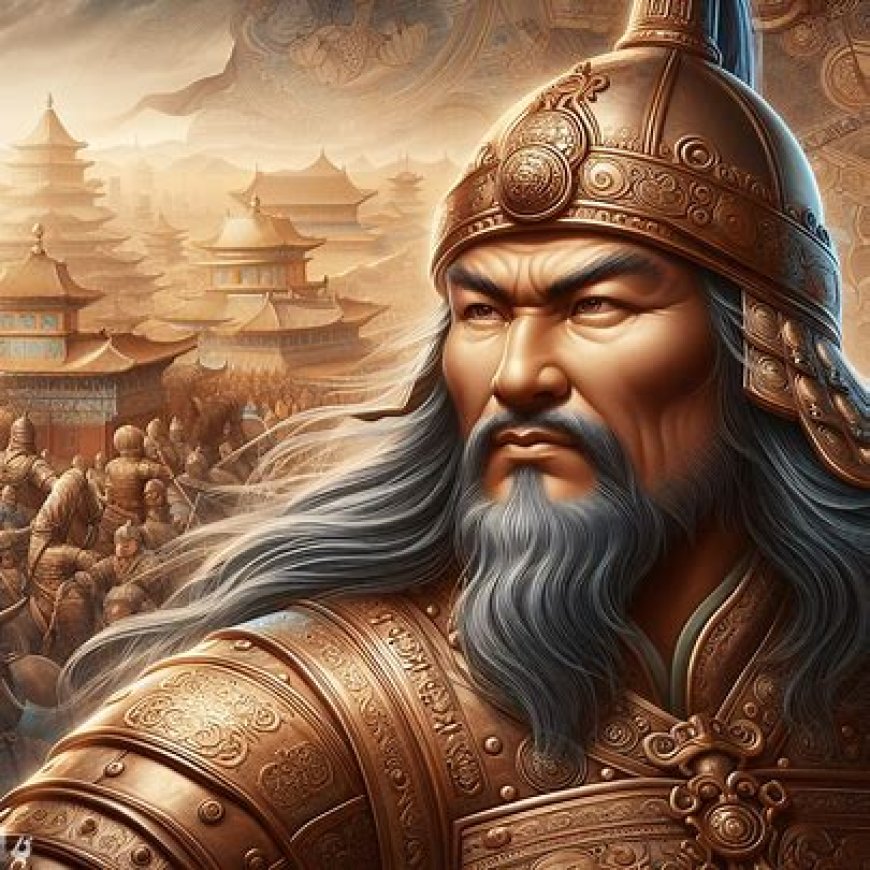
Genghis Khan, originally named Temüjin, was born into the Mongolian nomadic way of life in 1162. His early years were marked by turmoil, as his family faced challenges and betrayal, leading to their ostracization within the Mongolian society. However, even during these formative years, Temüjin exhibited exceptional leadership qualities, and through a series of alliances and strategic marriages, he managed to consolidate power and unite the fragmented Mongol tribes.
In 1206, at the Kurultai (a political and military council of Mongol chiefs), Temüjin was proclaimed Genghis Khan, the universal ruler. Genghis Khan's military brilliance became evident as he reorganized the Mongol army, emphasizing mobility, discipline, and a strict chain of command. The Mongol cavalry, renowned for its speed and precision, became the backbone of his military successes.
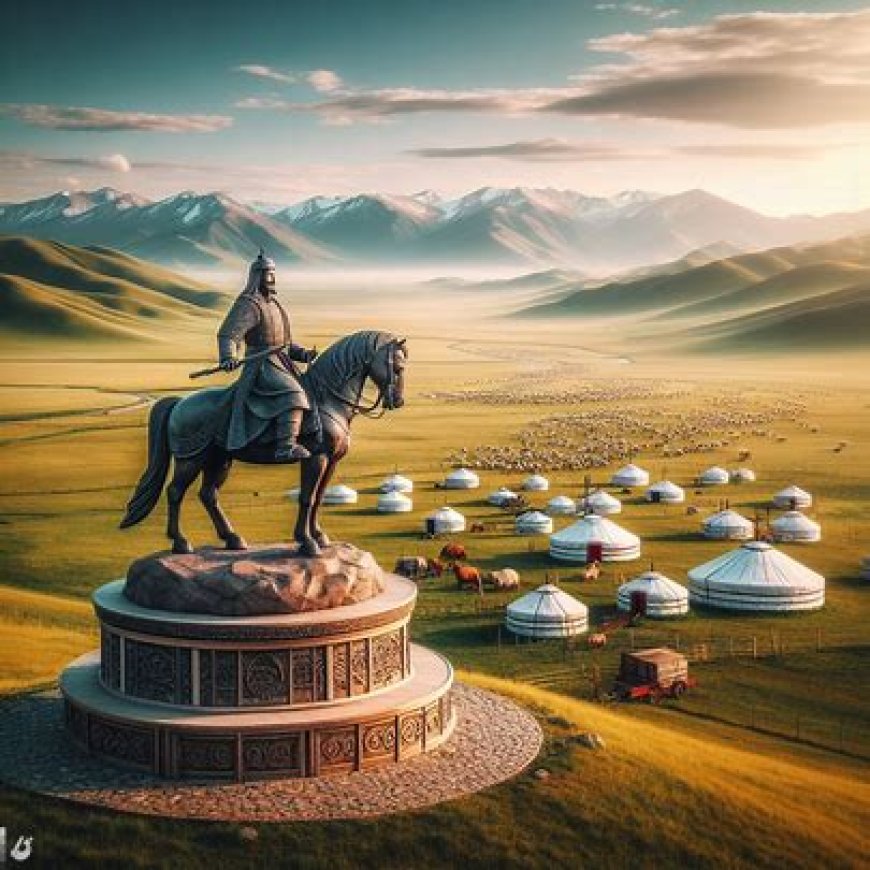
Illustration of Genghis Khan (source: bing.com AI)
Genghis Khan's conquests were extensive, spreading from China and Korea to Central Asia and Eastern Europe. His campaigns were characterized by a combination of ruthless military tactics and pragmatic statecraft. Cities that resisted his rule faced severe consequences, but those that surrendered were often incorporated into the Mongol Empire with a degree of autonomy.
In addition to his military prowess, Genghis Khan implemented several administrative and legal reforms. The Yasa code, a comprehensive legal system, governed various aspects of Mongol life, including marriage, trade, and criminal justice. Genghis Khan also promoted a meritocratic approach to leadership, appointing individuals based on their skills and loyalty rather than their lineage.
Genghis Khan's vision extended beyond military conquest. He recognized the importance of trade and cultural exchange, encouraging communication and commerce along the Silk Road. The Pax Mongolica, a period of relative peace under Mongol rule, facilitated the exchange of goods, technologies, and ideas between the East and West.
Despite his reputation as a formidable military leader, Genghis Khan's governance had elements of pragmatism and inclusivity. He was known to be tolerant of various religions, fostering an atmosphere where people of different faiths could coexist within the empire.
Genghis Khan's death in 1227 did not mark the end of his legacy. His descendants, particularly his grandsons Kublai Khan and Hulagu Khan, continued the expansion of the Mongol Empire. The empire eventually fragmented, but its impact endured. Genghis Khan's leadership style, military strategies, and administrative innovations left an indelible mark on the course of history, influencing not only the territories he conquered but also shaping the dynamics of international relations and cultural exchanges across Eurasia.
There are several distinctive and characteristic aspects of Genghis Khan that set him apart as an exceptional and influential leader in history. Here are some distinctive features of Genghis Khan:
1. Military Vision and Innovative Tactics
Genghis Khan is renowned for his brilliant military vision and innovative tactics. His use of highly mobile cavalry, skill in deceiving enemies, and the utilization of firearms such as longbows and arquebuses made him a superior military leader.
2. Unifier of Mongol Tribes
One of Genghis Khan's greatest achievements was uniting the nomadic Mongol tribes under one banner. He overcame internal rivalries and built a formidable united force.
3. Meritocratic Approach
Genghis Khan implemented a meritocratic approach in appointing officials and leaders. Individuals were chosen based on their skills and abilities, rather than their social status or lineage.
4. Yasa Code of Law
Genghis Khan formulated the Yasa, a legal code that regulated various aspects of life in the Mongol Empire. This code created a universal legal foundation applied consistently throughout the empire.
5. Cultural and Religious Tolerance
Despite being a powerful military leader, Genghis Khan showed tolerance toward various cultures and religions in his empire. He allowed different ethnic and religious groups to coexist, creating an inclusive atmosphere.
6. Personal Courage and Presence on the Battlefield
Genghis Khan often took the forefront in battles. His bravery on the battlefield and direct leadership inspired his troops and affirmed his authority as a leader.
7. Efficient Road and Post Network
Genghis Khan built an efficient network of roads and postal systems throughout his empire. This facilitated administration, troop movements, and contributed to the connectivity of vast regions.
8. Cultural Influence and Legacy
The Mongol Empire's expansion brought Mongolian cultural influence to various regions in Eurasia. The Pax Mongolica also facilitated cultural and scientific exchanges between the East and the West.
Overall, Genghis Khan is recognized as a visionary, innovative, and effective leader. His leadership laid the foundation for the expansion and progress of the Mongol Empire, leaving a long-lasting impact on global history and culture.
(source: chatgpt)
What's Your Reaction?








